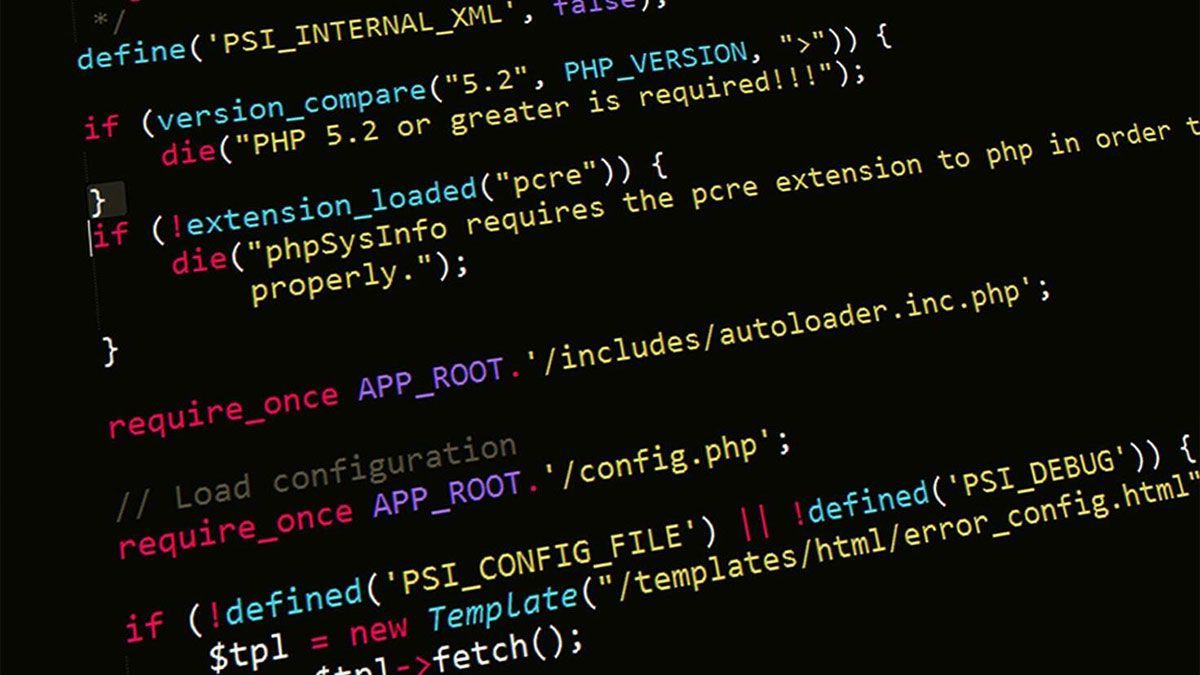
Node.js vs. PHP
Introduction
Choosing the appropriate programming language for a backend project is an important decision for any developer. There are many options to choose from, including the popular languages PHP and Node.js. While PHP has been a proven technology since its inception in 1994, Node.js is a relative newcomer, launched in 2009 by Ryan Dahl. Both languages have advantages and disadvantages, which will be discussed in more detail in this text.
Performance
In terms of performance, there is a clear difference between PHP and Node.js. Node.js is generally faster because it is based on Google's JavaScript V8 engine and uses a compiled process that allows for fast code output. In contrast, PHP is interpreted, which means that code must be converted to CPU machine instructions during execution. This translation process slows down the language and reduces its performance.
No interpreter
Another advantage of Node.js is that it does not require interpreters, while PHP relies on them. Interpreters execute the program's commands by reading, interpreting and executing it line by line. This process slows down the execution and thus reduces the performance of PHP.
Processing
Node.js is also known because of its asynchronous processing. Being asynchronous means that it does not wait for the code to execute before loading the next module. PHP, on the other hand, works synchronously, which means that modules and functions are executed in the order specified in the code.
Development
Node.js enables the development of integrated backend models and provides a full development language, JavaScript. PHP, on the other hand, is limited to the LAMP stack, which includes Linux, Apache, MySQL, and PHP/Perl/Python. Therefore, using Node.js leads to a smoother and more efficient development process.
Database
In terms of database integration, Node.js is better designed to work with NoSQL databases like MongoDB and CouchDB. PHP, on the other hand, is designed to work with relational and conventional databases such as MySQL and MariaDB. While it is possible to import libraries to work with NoSQL databases, this process is time-consuming and reduces processing speed.
Community
PHP has a large community and a variety of projects due to its long history, although many are older and less interesting for today's development needs. The Node.js community is smaller compared to PHP, but is more likely to develop projects that meet today's needs.
Hosting
PHP is compatible with most hosting providers due to its widespread use. However, Node.js requires a reverse proxy like Nginx or Apache, an HTTP framework like Express.js, and a database like MySQL.
Conclusion
Overall, both Node.js and PHP have their advantages and disadvantages, depending on the requirements of the project and the skills of the development team. Node.js offers a modern, efficient and scalable solution for web application development, while PHP remains popular with its wider usage, larger community and easier accessibility.
However, it is important to note that the technology industry is constantly evolving and changing, and it is possible that other programming languages and frameworks will become even more popular than Node.js or PHP in the future. Therefore, it is crucial for developers to continuously educate themselves and stay up-to-date with the latest technology to ensure that they can deliver the best possible solution for their projects.
